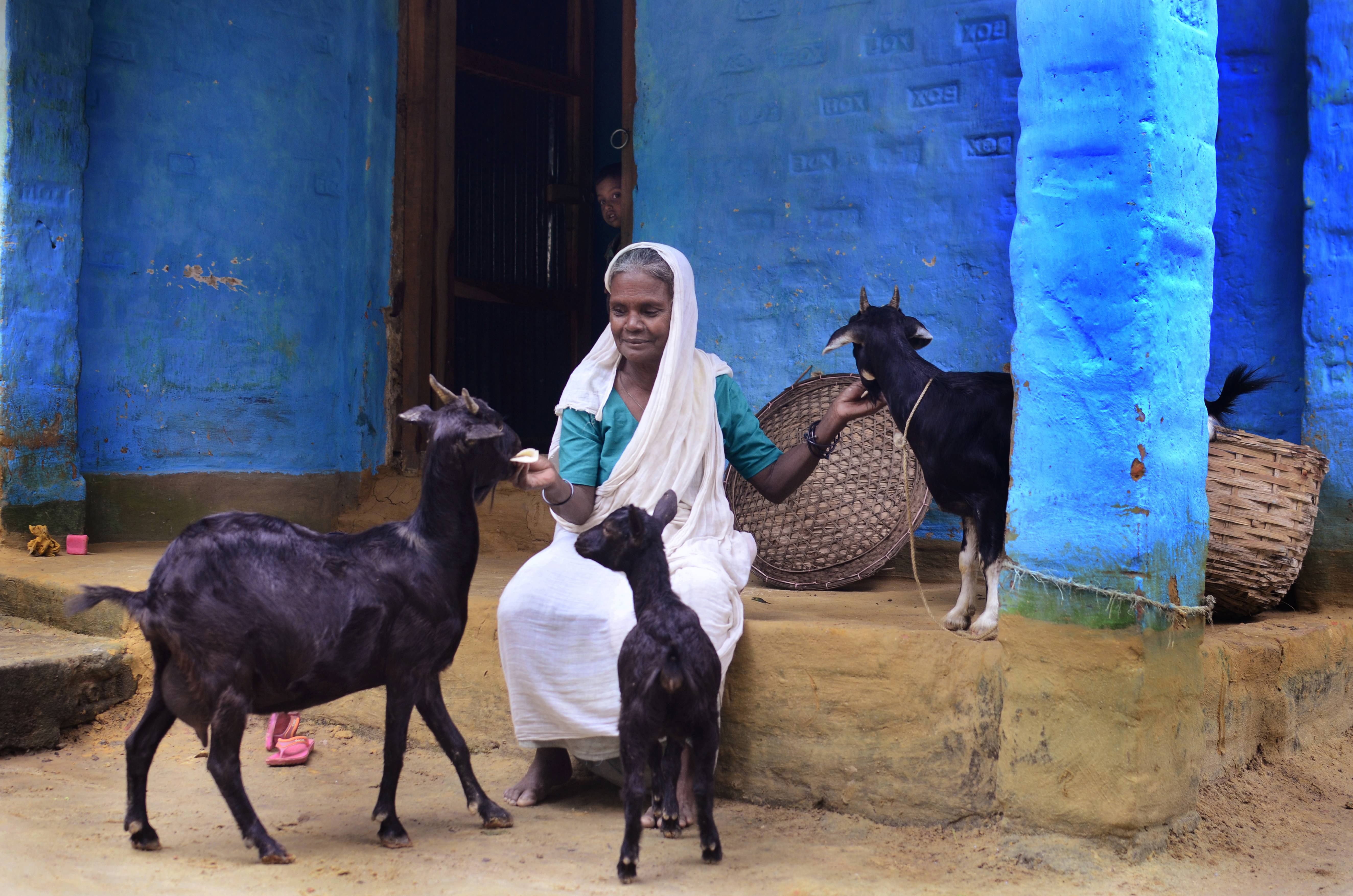Multi-year programme will assess economic toll of animal disease
21/01/2021

The information will guide public policy and private sector strategy, contributing to improved animal health and welfare, they said.
The organisations said: “Across the world, livestock production and aquaculture are critical to human nutrition and health. These animals play critical roles in society, providing income and food, but also clothing, building materials, fertilizer and draught power. However, the presence of endemic and emerging diseases, as well as other factors, negatively impact them, jeopardising their contributions.
“Every year, hundreds of millions of dollars are invested globally on disease mitigation in order to improve livestock health and productivity. Yet, a systematic way to determine the burden of animal disease on the health and wellbeing of people is not available. It is still unknown how the burden is apportioned between smallholders and the commercial sector, or across regions and gender. Consequently, decision makers lack the information to accurately assess whether their investments target the animal health issues that have the most significant impact on human wellbeing.
The GBADs programme, led by the World Organisation for Animal Health (OIE), the University of Liverpool and a partnership of international institutions, will assess the global burden in economic terms, and help identify the individuals and communities which are the most impacted, demonstrating how animal health is intrinsically linked to agricultural productivity, smallholder household income, the empowerment of women and the equitable provision of a safe, affordable, nutritious diet.
“It is more evident now for everyone that animal health and public health are interconnected and play an essential role in building a sustainable and healthy planet. Especially, if we succeed in incorporating the environmental and socioeconomic components”, said Dr Monique Eloit, OIE Director General.
They added that, with 1.25 billion people working in agriculture, this programme aims to have a positive impact on the Sustainable Development Goals: zero hunger, good health and wellbeing, gender equality; decent work and economic growth; and responsible consumption and production.
See the Nothing to Hide section of the website for more on animal health and issues around the Sustainable Development Goals.







